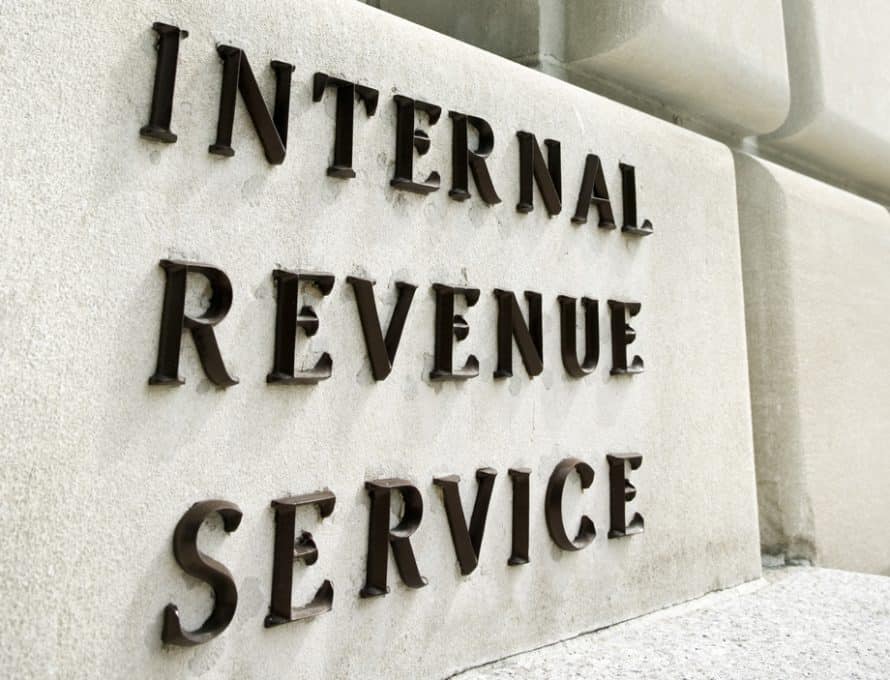ASHEVILLE, N.C. (BP) – An atheist group reached a settlement last month with the Internal Revenue Service (IRS) over stronger enforcement of policies against “church politicking,” and at least one religious freedom group voiced optimism, claiming the IRS investigation could be “a good thing” in the long run.
Alliance Defending Freedom (ADF) has been campaigning to overturn the portion of the tax code that prohibits nonprofit organizations from “intervening in political campaigns as a condition of their tax-exempt status.” To achieve that, it has organized the annual Pulpit Freedom Sunday since 2008, for which it encourages pastors to exercise their First Amendment right to free speech – including political speech – from the pulpit and send copies of their sermons to the IRS. Once the IRS attempts to take away a church’s tax-exempt status, ADF will represent the church free of charge and seek to declare the law unconstitutional, Eric Stanley, senior counsel with ADF, said.
The IRS has yet to bite at ADF’s challenge. But in November 2012, the Freedom from Religion Foundation (FFRF) filed suit, criticizing the IRS for not enforcing electioneering restrictions against churches and religious organizations. As a result of the agency’s non-enforcement, “churches and religious organizations have been blatantly and deliberately flaunting the electioneering restrictions,” the suit claims, alleging election-year violations by The Billy Graham Evangelical Association and several churches.
But the IRS hasn’t always had the power to censor what is said from the pulpit, Stanley said in a recent radio interview. The law was introduced by then-Senate Minority Leader Lyndon B. Johnson as an amendment to a tax overhaul bill in 1954. It was reported that Johnson hoped the bill would silence two powerful, secular nonprofits that were opposing his re-election in Texas.
“Johnson Amendment was slipped into the tax code with no debate, no analysis, no committee hearings, no anything,” Stanley said. “And since that time, the IRS has been monitoring and censoring what a pastor says from the pulpit.”
The IRS currently has a moratorium on investigating any nonprofits for alleged political activities, including churches, due to an ongoing congressional probe into the agency’s targeting of conservative groups’ tax-exempt applications with unwarranted examinations. But as soon as the suspension is lifted, the IRS will be able to use “adopted procedures for reviewing, evaluating, and determining whether to initiate church investigations,” FFRF said in its press release.
On July 22, ADF used the Freedom of Information Act to petition the IRS for documentation regarding the agency’s new procedures for investigating churches. Stanley said the agency’s decision not to make the procedures public fuels more suspicion of the already mistrusted organization.
This year on Oct. 5, more than 2,000 pastors are expected to participate in Pulpit Freedom Sunday, during which they will “plainly speak scriptural truth about the qualifications of candidates for public office, regardless of candidates’ political affiliation,” according to the project’s website. Stanley believes FFRF’s latest win could lead to a legal resolution that benefits ministries.
“Churches are tax-exempt as a matter of constitutional right because there is no surer way to destroy the free exercise of religion than to begin taxing it,” Stanley said. “That exemption cannot be conditioned on the surrender of constitutional rights.”

